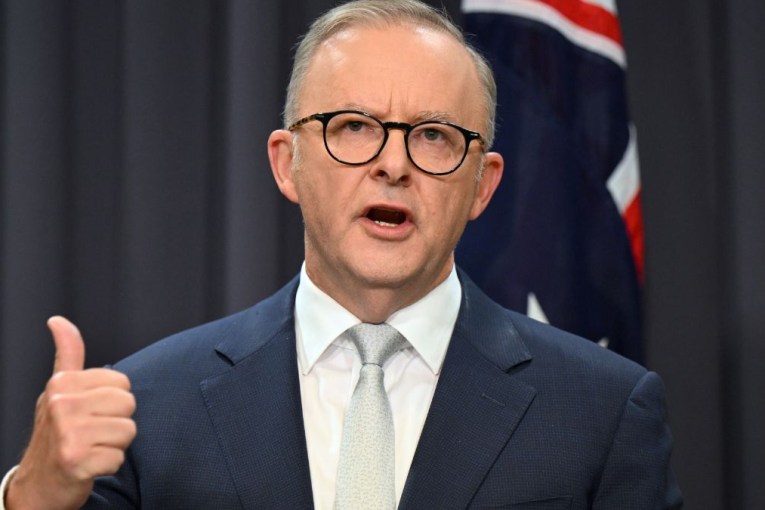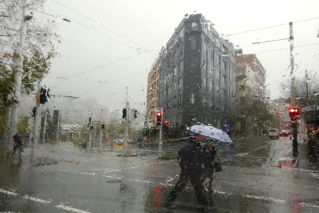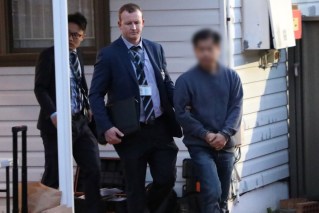Your guide to the High Court challenge to the same-sex marriage postal ballot


The High Court will decide whether the same-sex marriage postal vote goes ahead. Photo: Getty
On Tuesday, the High Court in Melbourne will begin hearing a challenge to the federal government’s controversial same-sex marriage postal ballot.
The challenge, from two separate parties, comes just a week before the plebiscite – a postal vote – is due to begin.
The letters are due to be sent out to 16 million registered Australians from September 12.
The hearing, heard before a judge and a full bench, is expected to last two days with a verdict due on Wednesday.
What prompted the hearing?
The challenge against the postal vote is being made by “yes” supporters of the same-sex marriage postal vote because they feel it is both illegal and divisive.
They say it is causing homophobia and stigma that the Australian public is being asked to judge validity of gay relationships. Instead, they want MPs to vote on the matter in Parliament.
They also argue the method chosen for the postal vote will disadvantage younger voters because around 300,000 young Australians aged 18-24, who are more likely to support marriage equality, are not on the electoral roll.
Who are the key players?
There are two parties making the challenge. The Human Rights Law Centre has taken on the challenge on behalf of Australian Marriage Equality and Senator Janet Rice, a long-time advocate and member of the LGBTIQ community who voted against the plebiscite legislation.
Also, the Public Interest Advocacy Centre is representing MP Andrew Wilkie and LGBTI rights advocates Felicity Marlowe and PFLAG Brisbane.
Both legal teams are said to be working closely together.
What are their main legal arguments?
Their key argument is that the $122 million postal vote is unconstitutional because of the government’s decision to bypass Parliament.
They also argue it is being funded by government money that is supposed to be for “unforeseen costs”.
They are arguing Finance Minister Mathias Cormann therefore does not have the authority to appropriate funds because it has been in discussion for some months and it is not unforeseen.
They will also say that funding a national postal plebiscite is not within the ordinary services of government and that the Australian Bureau of Statistics has unconstitutionally been directed to seek an opinion rather than “statistical information”.
What outcome is expected?
At this stage it could go either way. However, advocates’ hopes were boosted last week by constitutional law expert George Williams’ suggestion that he expected the court to rule the survey was unconstitutional.
Professor Williams, the Dean of Law at the University of New South Wales, said it would be difficult for the government to justify its decision to bypass the Parliament.
Also, when the survey was first announced, former ABS top statistician Bill McLennan told The New Daily he doubted the survey would classify as “statistics” under the ABS Act.
What will happen if the challenge is won?
If the challenge is won there will be quite a fast and dramatic turnaround. If they win the hearing the postal ballot will be cancelled and will not be sent out to the public from September 12.
The advocates will then push for Parliament to have a free vote on the matter.
What will happen if the challenge is lost?
If they lose, the postal vote will still go ahead. And those challenging the vote at the High Court say they will then simply support the “yes” vote in the postal ballot campaign.








